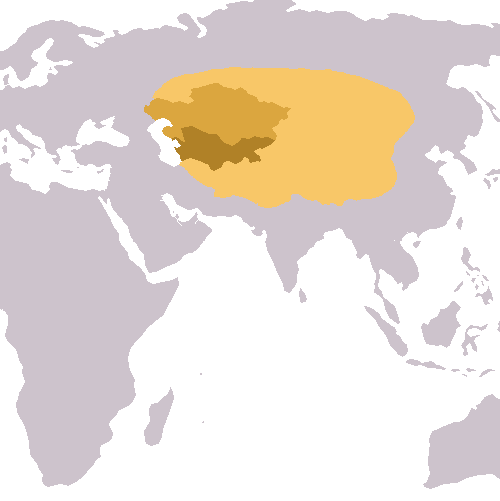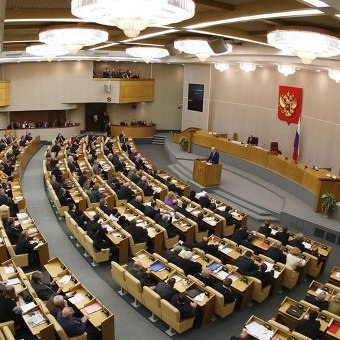(EurActiv.com) As the NATO drawdown from Afghanistan approaches, the European Union looks more and more at post-2014 spillover threats to Central Asia. According to a recently released UN report on Afghanistan, despite registering a decrease overall in the number of civilian deaths in 2012 (the first time in six years), the death toll spiked in the second half of the year, compared with the same period in 2011, leading some analysts to suggest that Afghanistan is likely to face continued violence post-2014, with potential implications for the broader region.
While the EU wishes to foster regional cooperation, progress so far has been limited, and incorporating Afghanistan into broader regional initiatives will prove even more difficult. Central Asian regimes are concerned with Western disengagement, especially given that the drawdown will also entail the end of lucrative contracts for transporting materials to and from Afghanistan.
In the face of potential spillovers from Afghanistan, in particular terrorism, radicalism and increased drug trade, Central Asian leaders argue that the West has made two grave mistakes: first, invading Afghanistan in 2001 and secondly, leaving before the job is done. In other words: "If you move, we will get hurt."
The EU largely accepts this perception. While it is true that the drawdown will bring uncertainties, these mostly relate to Afghanistan’s own future. Will the 2014 presidential elections be free and fair? Will they lead to a new stable government with reasonable power-sharing? Will Afghanistan develop or will it fall into chaos and civil war, even with a return of the Taliban? […]
See the full article | © EurActiv.com
Marlene Laruelle is director of the Central Asia Program at George Washington University, EUCAM researcher, FRIDE associate, and PONARS Eurasia member. Jos Boonstra is a senior researcher and head of the EU-Central Asia programme (EUCAM) at FRIDE, a Madrid-based think-tank.











